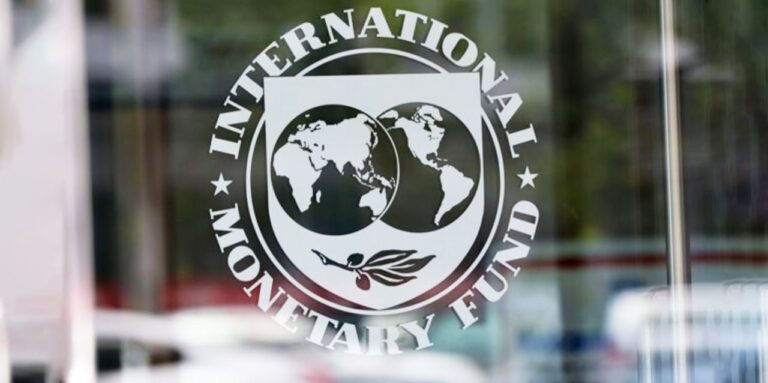Representatives from the Fezzan Women’s Political Movement emphasized the crucial role women can and should play in the upcoming municipal elections.
During a meeting organized by UNSMIL’s Women Empowerment Section last week, they highlighted their efforts in mobilizing and encouraging women to participate in political life at the community level. According to the official statistics from the High National Elections Commission 30% of registered voters in Libya for the upcoming 60 municipal council elections are women. Although, the percentage of registered female voters in the southern municipalities is slightly higher than the national average by 6 points.
“Ensuring that there is a strong presence of women in the upcoming municipal elections, and the political readiness of candidates for the electoral race, are necessary goals for us to change the situation of Libya and develop our municipalities,” said Rabab Shalgham, Head of the Fezzan Women’s Political Movement (FWPM).
Raja Mahmoud, member of FWPM, added that their movement is primarily focusing on encouraging women’s political participation in Libya in general and Fezzan region in particular. “We came the Mission to discuss ways of cooperation with UNSMIL and emphasize the vital role of women in resolving the current Libyan crisis through meaningful participation of women in the political dialogue and upcoming elections,” she said.
The FWPM was established in late 2023 by 20 Libyan women from the municipalities of Brak al-Shati, Sabha, Traghen, Murzuq, and Ghat. It aims to coordinate work on empowering Libyan women and equipping them for political life, especially in the southern region, according to Shalgham.
The Mission is aware of the difficulties facing women across Libya when they try to participate in political life and participate in their communities, according to Reem Falouh, UNSMIL’s Women Empowerment Officer. “We are interested in listening to FWPM’s goals and plans as it helps inform our work. As DSRSG Koury said in her recent remarks to the UN Security Council, the UN family will continue to work with all stakeholders to promote the participation of women through a variety of means,” Falouh added.
Participants in the meeting reported that the FWPM had held a series of training programs for the FWPM’s coordinators from the municipalities of Brak Al-Shati, Sabha, Traghen, Murzuq, and Ghat to improve their political skills. They added that they were also working on developing skills of young women to form a new politically-aware generation so that they could lead the future and defend their rights.
“We are trying to prepare the women of the southern region politically and provide the necessary training, so they become able to engage in the political domain along with their brothers and spare our country the curse of wars by fostering calm and stability,” said Fatima Al-Sharif, member of FWPM.”
Distributed by APO Group on behalf of United Nations Support Mission in Libya (UNSMIL).




